Description
In Depth
Immune Superfood is a cutting-edge prebiotic designed to supercharge your immune system through optimal microbiome support. This advanced formula leverages unique oligosaccharides and phyto-molecules to balance your intestinal terrain, foster a robust gut-associated immune system (GALT), and maintain microbial harmony.
Backed by extensive research, Immune Superfood not only nurtures a thriving microbiome but also enhances immune modulation, making it the perfect ally for a healthy lifestyle. Elevate your wellness with this scientifically crafted blend, developed to complement Alimentum Labs immune enhancing probiotic, Immune µBiomic, and support a resilient immune defense.
Key Features
- Galacto-oligosaccharides (GOS) play a crucial role in fostering a balanced gut microbiome by selectively promoting the growth of beneficial bacteria, which enhances the gut’s immune function and overall resilience. By restructuring the microbiota and increasing populations of key probiotic species, GOS indirectly supports the body’s natural defenses and helps maintain an optimal environment for the immunomodulatory strains found in Immune μBiomic.
- Glucomannan serves as a potent prebiotic that enhances gut health by promoting the growth of beneficial bacteria like Bifidobacterium and Lactobacillus, while also strengthening the intestinal lining, fighting inflammation, and fortifying the mucosal barrier. This multifaceted ingredient supports a balanced immune response within the gut and creates an ideal environment for immunomodulatory probiotics to thrive.
- Resveratrol, a potent polyphenol found in sources like grapes and rhubarb, enhances immune function by activating Sirt1 enzymes, which initiate protective immune responses and help reduce excessive inflammation. By promoting the growth of beneficial microbes that produce short-chain fatty acids (SCFAs) and increasing levels of proteins essential for maintaining intestinal barrier integrity, resveratrol supports the overall health of the gut microbiome and immune system.
- Polymethoxylated flavones (PMFs), derived from citrus fruits, contribute to immune health by promoting the healing of the intestinal lining and enhancing the integrity of the intestinal barrier, which is vital for proper nutrient absorption and overall immune function. By increasing populations of Bacteroides species and regulating the gut microbiome-immune connection through the TLR2/NF-κB pathway, PMFs enhance the activity of beneficial microbes to promote healthy immune responses.
- Beta glucan is a powerful soluble fiber that enhances immune health by promoting the growth of beneficial bacteria like Roseburia hominis and Akkermansia muciniphila, which contribute to the production of short-chain fatty acids that support intestinal integrity. Additionally, by modulating the activity of various immune cells, beta glucan strengthens the dynamic interaction between the microbiome and the immune system known as the gut-immune axis, creating conditions that support the activity of the next-generation probiotics found in Immune μBiomic.
White Paper
The White Paper is your comprehensive guide to understanding this product. It details the ingredients, their functions, and how they work together to deliver results. Complete with usage guidance and safety information, it’s an invaluable resource for anyone seeking a thorough understanding of this formula.
Essential Ingredients
- Galacto-oligosaccharides (GOS)
- Glucomannan
- Resveratrol
- Polymethoxylated Flavones (PMFs)
- Beta Glucan
Directions
Mix 1 scoop into 8-16 oz of your choice of liquid daily, or as directed by your health care provider.
Warnings
Keep away from heat, sunlight, and out of the reach of children.
Quality Guarantee
cGMP facility
Vegetarian
Non-GMO
Gluten Free
Dairy Free
No Sugar
Frequently Asked Questions
Who should take Immune Superfood?
Immune Superfood is designed for individuals seeking to support their immune health, including those with frequent digestive issues, or high levels of stress, as it promotes a balanced gut microbiome and enhances immune function. However, health-conscious consumers and those looking to fill nutritional gaps can also benefit from its blend of prebiotics and essential nutrients, making it an ideal complement to Immune µBiomic for strengthening the gut-immune axis and overall wellness.
How should I take Immune Superfood?
To take Immune Superfood, mix one scoop into 8-16 ounces of your choice of liquid daily, or as directed by your health care provider. It can be consumed with or without food, making it a convenient addition to your daily routine.
Can I take Immune Superfood with other supplements?
Yes, you can take Immune Superfood with other supplements, especially its complementary probiotic Immune µBiomic and other immune-supportive products from Alimentum Labs, such as ImmuneGenic. This combination can enhance the overall benefits for boosting immune health and gut function. As always, we recommend that you consult with your health care provider before adding any new supplements to your regimen.
Can I take Immune Superfood if I'm pregnant?
Yes, you can take Immune Superfood during pregnancy, as it is generally considered safe and may help bridge nutritional gaps that are crucial for supporting both maternal and fetal health. This supplement provides a blend of prebiotics and essential nutrients that can enhance immune function and promote digestive health, which is especially important during pregnancy. However, it’s vital to consult your physician or health care provider before starting any new supplements during this time to ensure they align with your individual health needs and pregnancy plan.
Why are Galacto-oligosaccharides (GOS) important for gut health?
Galacto-oligosaccharides (GOS) are important for gut health because they serve as prebiotics that selectively nourish beneficial gut bacteria such as Bifidobacterium and Lactobacillus. This promotion of healthy microbial populations helps maintain a balanced gut microbiome, which is essential for proper digestion, nutrient absorption, and immune function. Additionally, GOS can improve gut barrier integrity and reduce symptoms associated with conditions like lactose intolerance, contributing to overall gastrointestinal well-being.
How does Immune Superfood enhance immune function?
Immune Superfood enhances immune function through a combination of high-quality prebiotics and essential nutrients that work together to support gut health. By promoting the growth of beneficial gut bacteria, it helps maintain a balanced microbiome, which is crucial for a well-functioning immune system. Additionally, the ingredients in Immune Superfood modulate immune responses, reduce inflammation, and strengthen the intestinal barrier, thereby improving the body’s ability to fend off infections and maintain overall health.

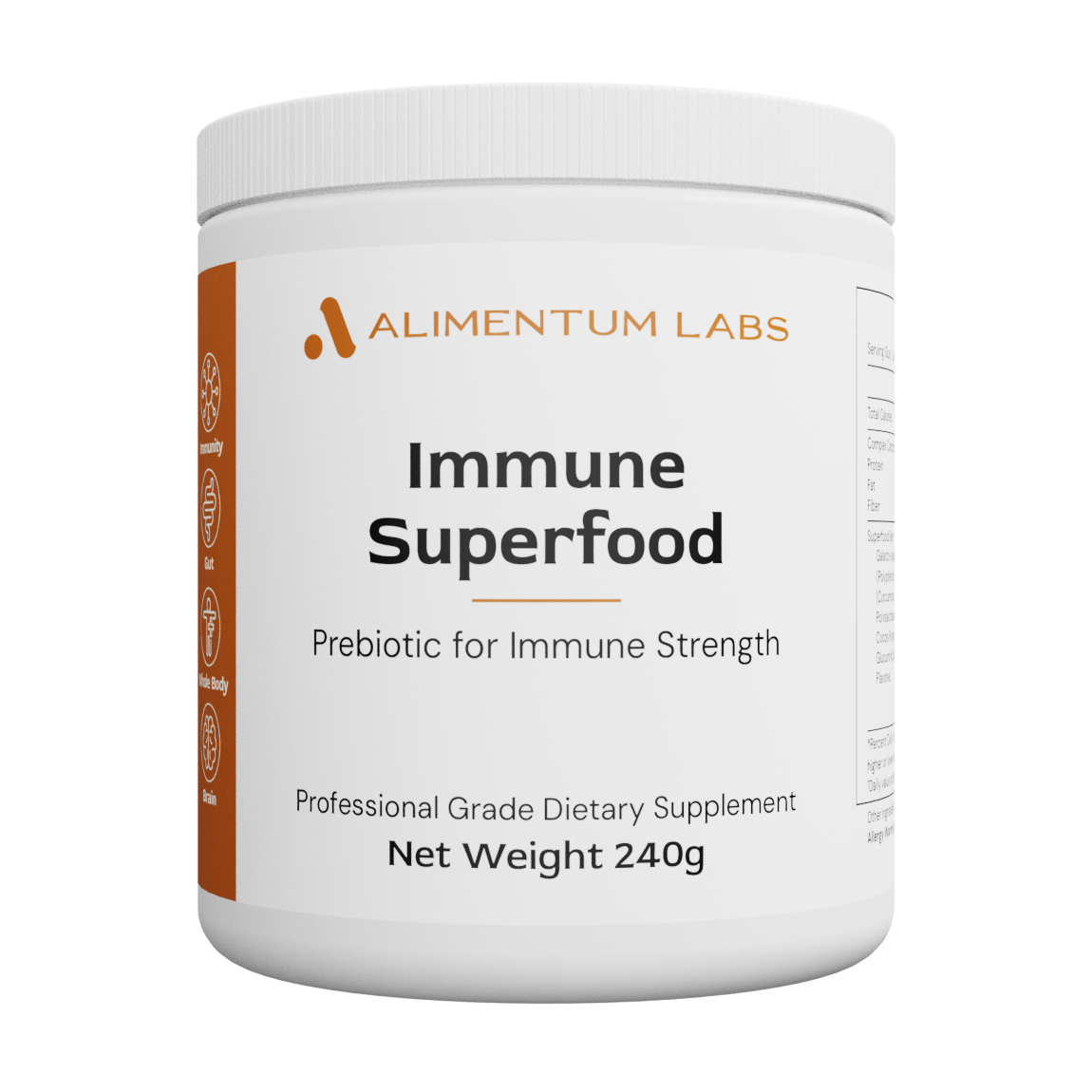

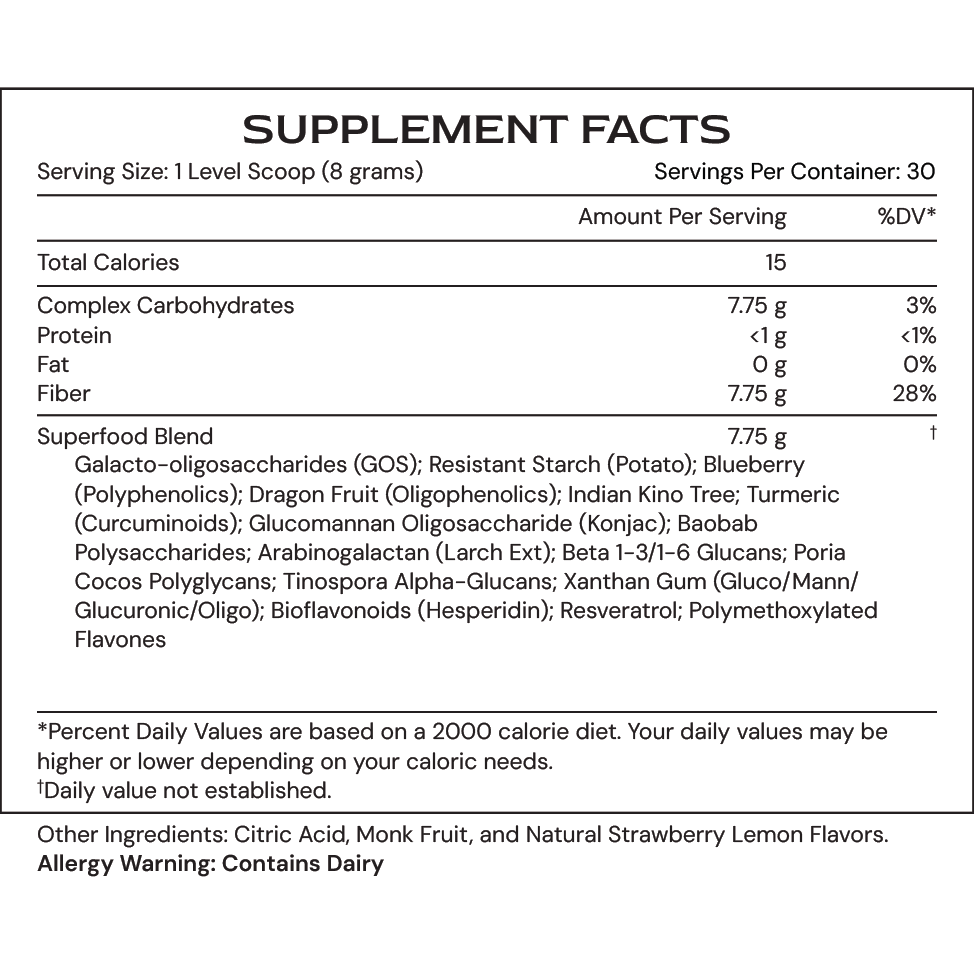
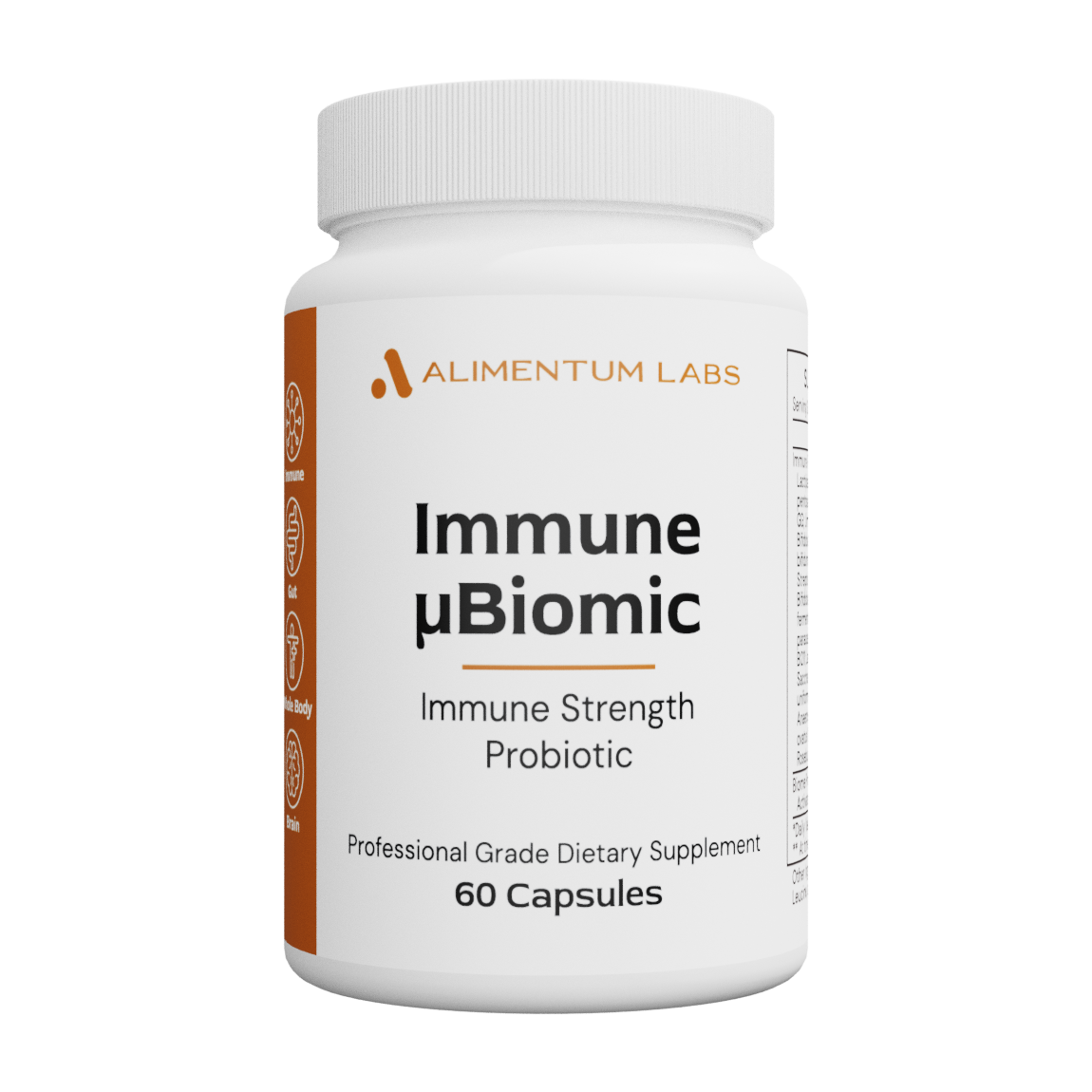
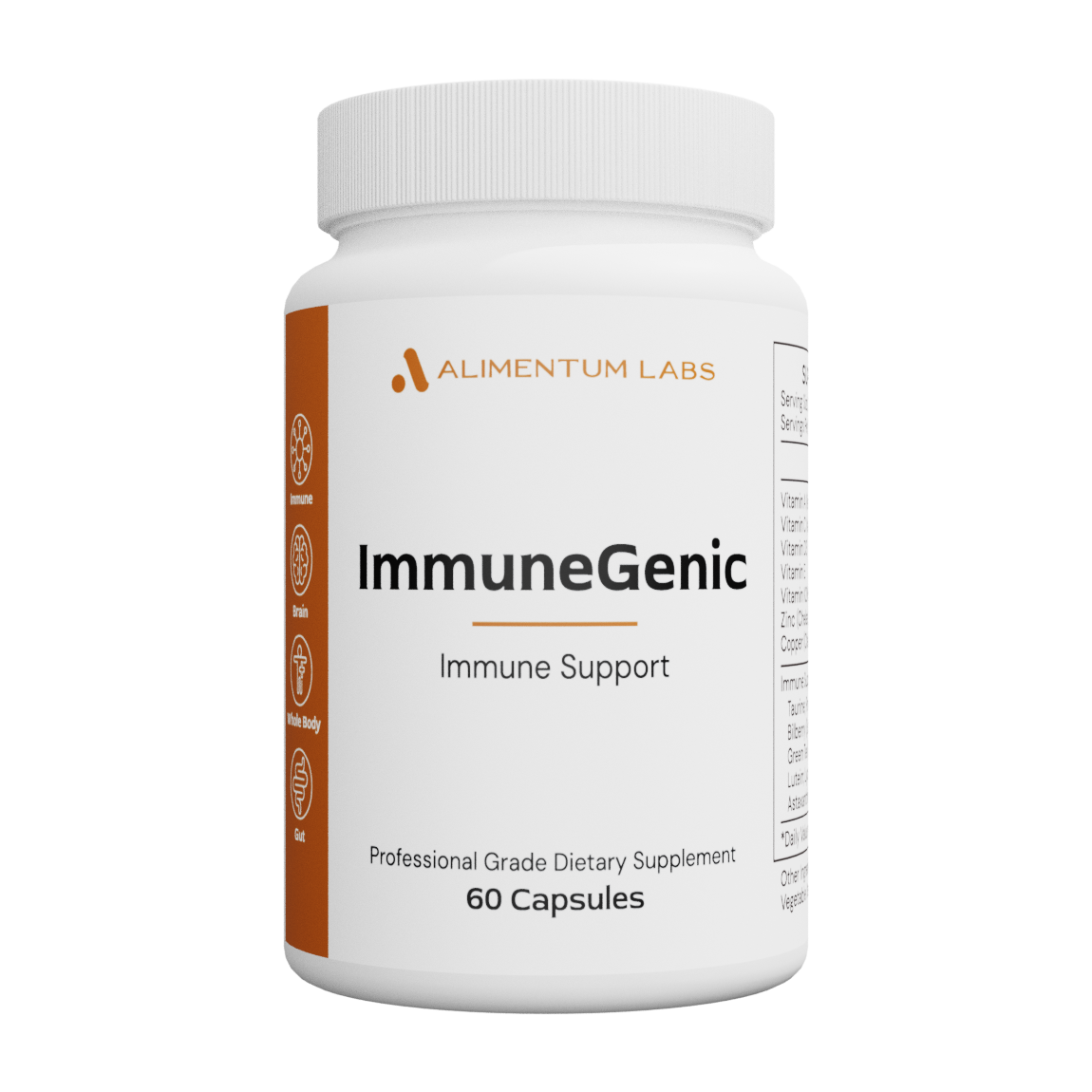
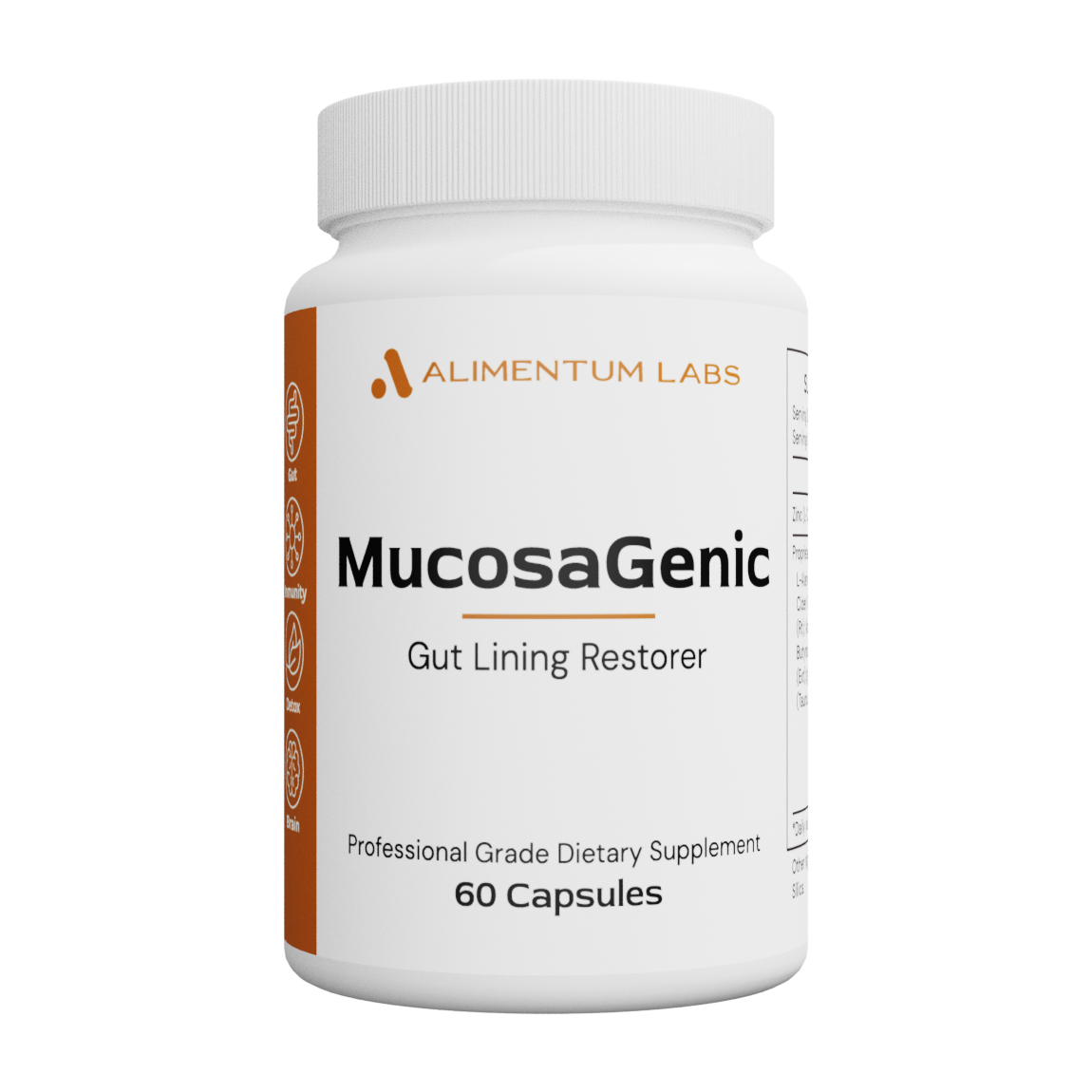
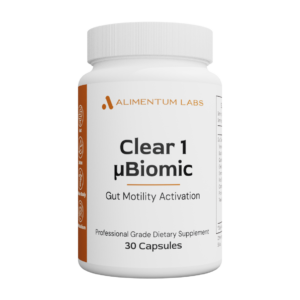
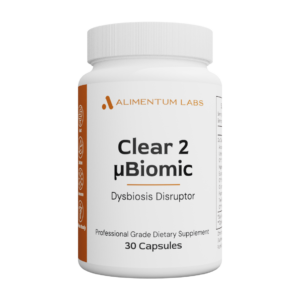
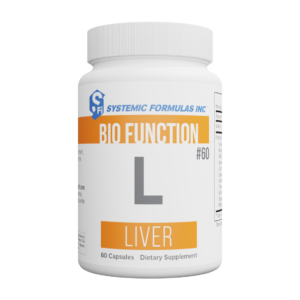
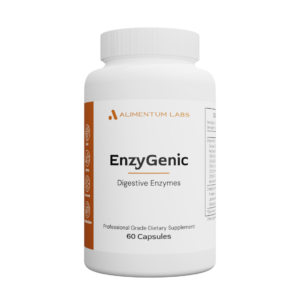

There are no reviews yet.